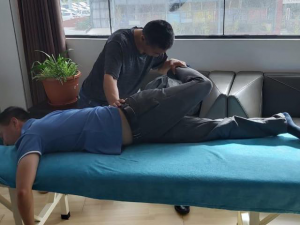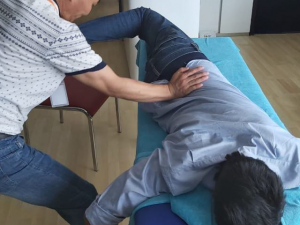
Why Acu CAre?
At Acu Care Pain & Rehab Centre we will clear the confusion that you may have in your mind for making a proper decision and choice between western medicine and traditional medicine as we have experts in both fields to guide you make a better choice for a better you.
We have doctors, handpicked from China, who are very well trained and experienced in their fields so that you can profit authentic traditional treatments at your comfort.
Our Standards
1. Rehabilitation and Pain Management Centre
2. We abide to all local laws
3. Strict patient confidentiality
4. Traditional Medicine driven – western medicine assisted facility
5. We respect all religious and political adherence
6. Respect every medical facility/practice and hope
for a healthier Mauritius
7. We welcome all compliments and/or complaints to improve our service
8. We are in constant search of new alternative medicine practices of different regions/countries to serve more people.
What’s the Idea Behind TCM?
Western medicine tends to view the body a lot like a car. It has different systems that need the right inputs and outputs.
TCM is based on balance, harmony, and energy. There are two central ideas behind TCM:
Qi – Chi: This is also called life energy or vital energy. The belief is that it runs throughout your body. It’s always on the move and constantly changes. TCM promote and maintain the flow of qi.
Yin and Yang: These are opposites that describe the qualities of qi.
• Yin: hot, light, feminine, day, hollow
• Yang: cold, heavy, masculine, night, solid
The belief is that everything in life has a little bit of its opposite, too, and balance is the key. Drugs from your doctor might heal disease. But it’s dangerous if you take too much of it.
When you balance the yin and yang of Qi, you feel healthy and well. If they’re out of whack, you feel sick. TCM aims to create harmony and a healthy flow of qi.
Our story
The Meridians
The flow of qi through the body occurs within a closed system of channels, or meridians. There are 12 major meridians, and they correspond to the 12 organ systems: six yin organs and six yang organs. Traditional organ theory pairs yin and yang organs according to their structure and function and the interconnection of their meridians.
The flow of qi travels from channel to channel, passing through all the meridians every 24 hours. For example, the flow of qi in the heart meridian is strongest between the hours of 11 a.m. and 1 p.m. From there, the qi flows into the meridian of the small intestine, staying there until 3 p.m., at which time the flow passes into the bladder meridian.
Although many types of specialized qi exist in the body, such as those associated with a particular organ, all varieties share some basic functions. These functions are as follows:
• Transformation: Qi transforms one type of substance into another. Spleen qi transforms food into qi and blood the body can use; kidney qi transforms fluids into pure essence and waste water; lung qi transforms air into the energy to sustain life.
• Movement: All movement is accompanied by its own qi, including growth and development and even walking, breathing, and thinking. Qi moves the blood through the vessels, giving rise to the saying, “Qi is the commander of the blood.”
• Protection: Qi protects the body from attacks by disease-causing organisms. Therefore, if a person’s qi is weak, that person may experience frequent illnesses.
• Retention: Qi keeps the organs in their proper place, keeps blood within the vessels, and keeps body fluids inside the body. Deficiency of qi can lead to sagging organs (prolapse), bleeding disorders, and excessive sweating or urination.
• Warming: The yang aspect of kidney qi keeps the entire body warm; when it is deficient, chronic cold extremities and decreased function in all activities that require warmth, such as digestion, can occur.
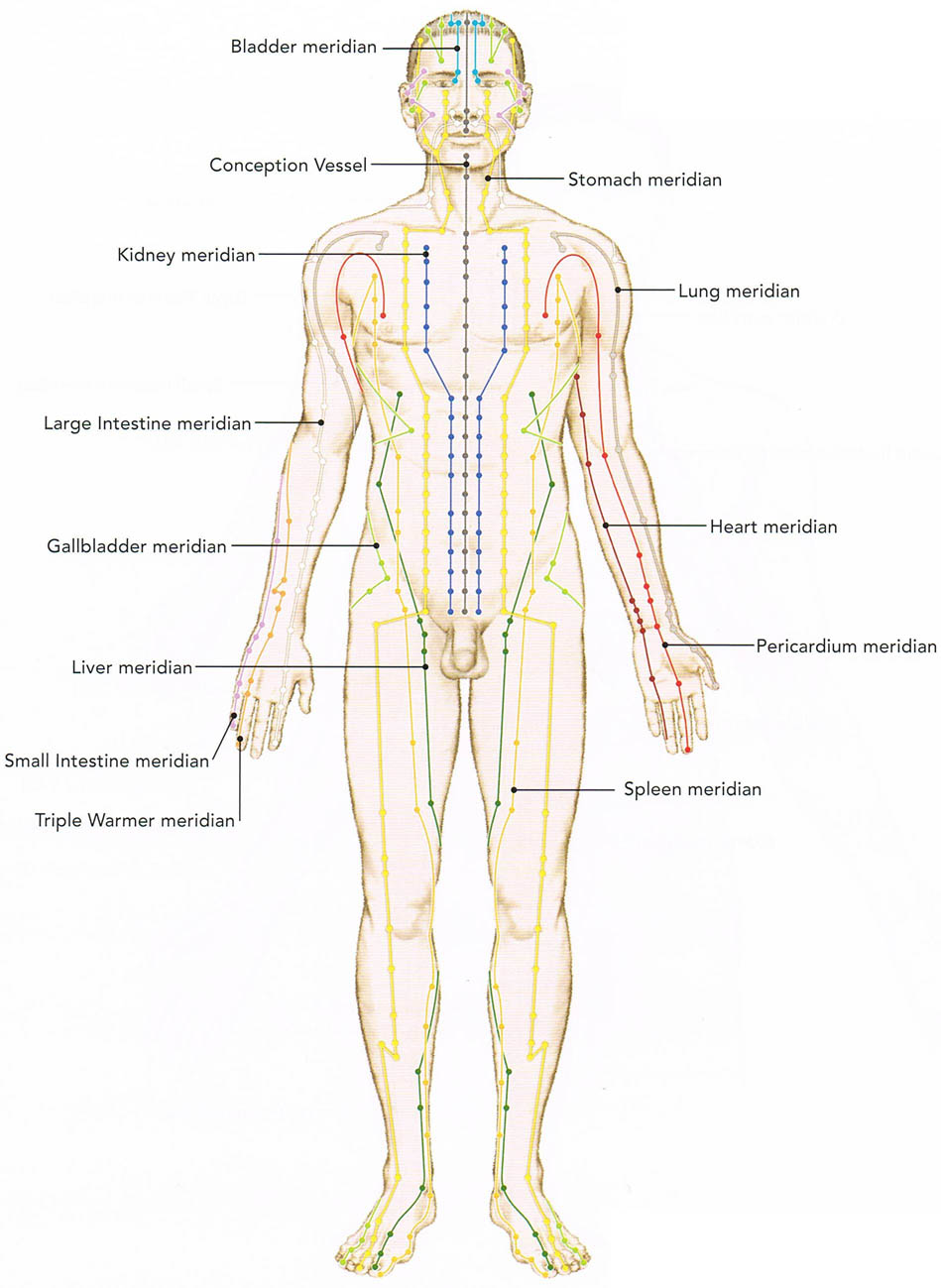
ABOUT TCM
Disorders of Qi
Chinese medicine seeks to ensure that the levels, direction, and flow of qi are all appropriate for their particular organs. The various disorders of qi that can occur involve deficiency, sinking, stagnation, or incorrect movement of qi.
Is TCM Safe?
TCM is an approach that covers a lot of ground, and results vary. The practices haven’t been studied in the same way as Western medicine. More research has been done on herbs and acupuncture than other treatments. But studies show a lot of promise.
You can also find many leading health care centers, like the Mayo Clinic, Cleveland Clinic, and Johns Hopkins offering TCM practices such as acupuncture
How can i edit the masks ?
Experts believe it’s safe, if you go to someone who knows what they’re doing.
Who Should Use TCM?
That’s a personal decision.
People use TCM for anything from carpal tunnel syndrome to lowering stress. Sometimes they use it along with Western medicine. It may be a good choice if you:
• Have a lot of different symptoms with no clear cause
• Need to treat side effects from drugs
• Have tried Western medicine but didn’t get results
• Want to prevent illness
Who Should Avoid TCM?
In general, doctors suggest you don’t use it to totally replace Western medicine, especially if you have a serious long-established disease.
We have very well-trained and experienced traditional medicine practitioners @ Acu Care Pain & Rehab Centre. Our patients are very happy and we are highly recommended on our social platform.
Traditional herbs is also a fundamental part of TCM, but as it is difficult to keep all these different herbs in a humid place as Mauritius. We bring medicines only after seeing patient and confirm the medication specifies and the general condition of the patient.

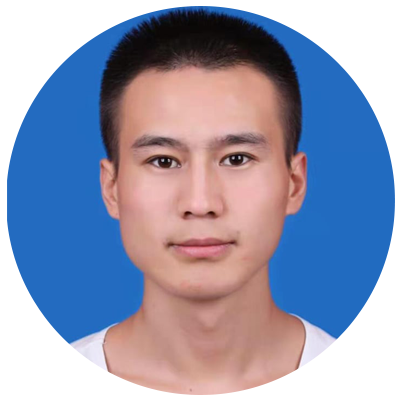
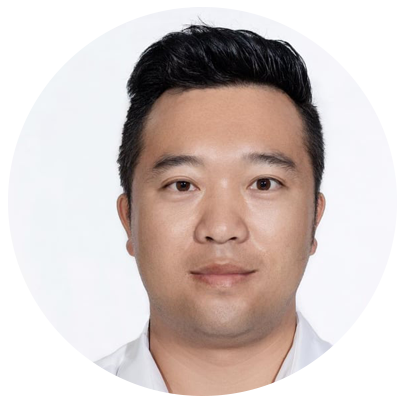
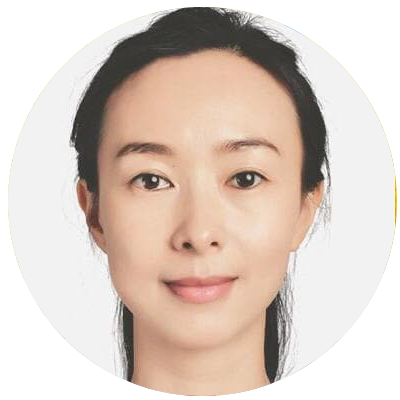
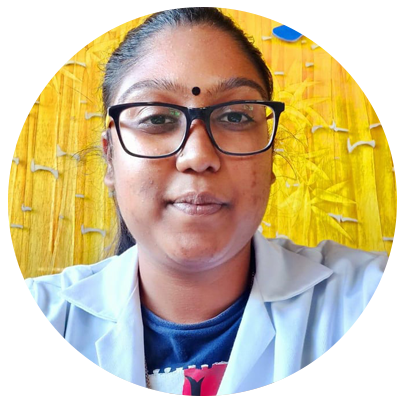
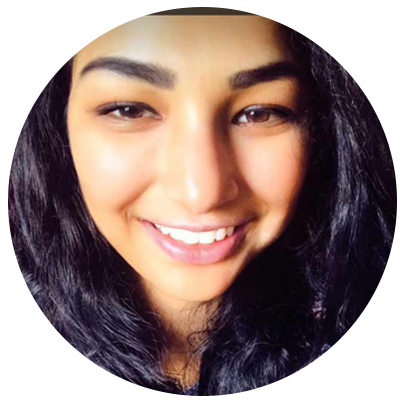


The Team

